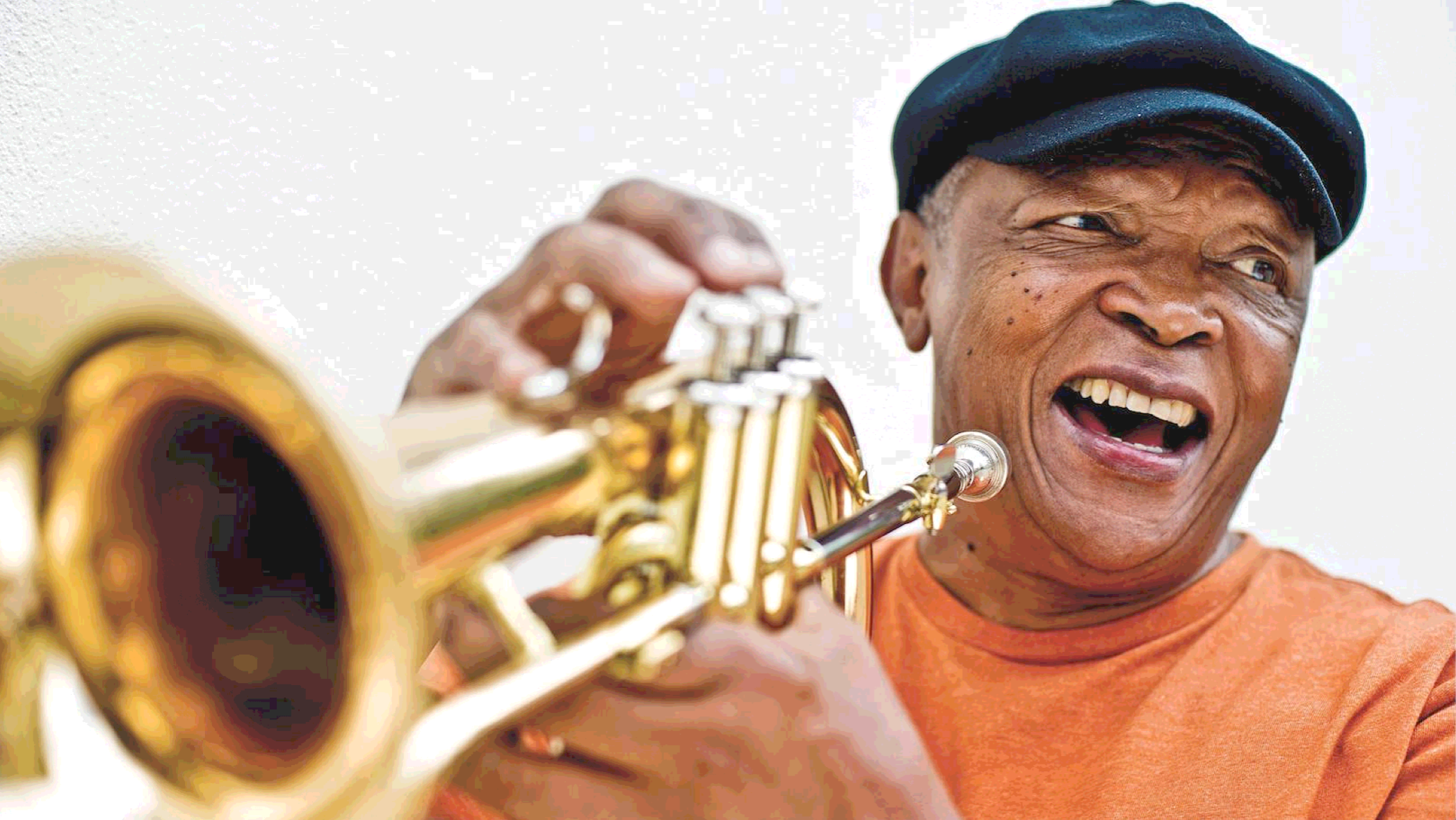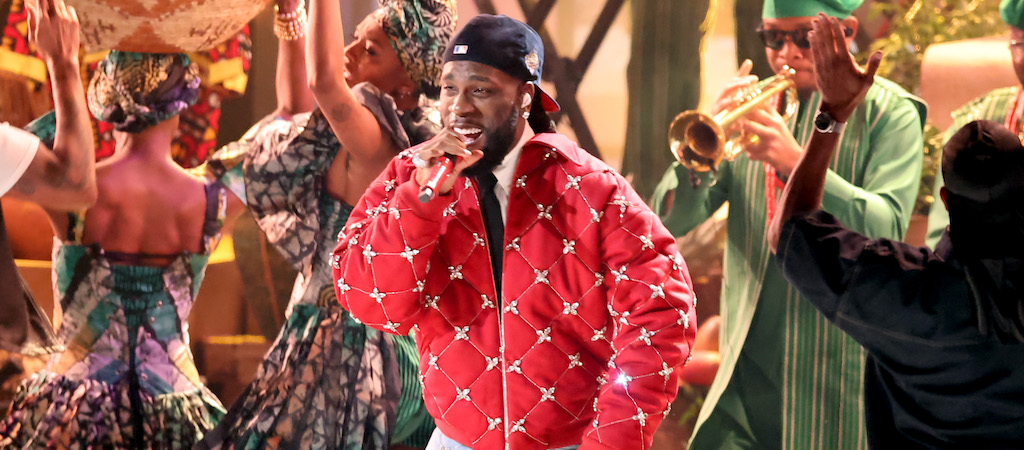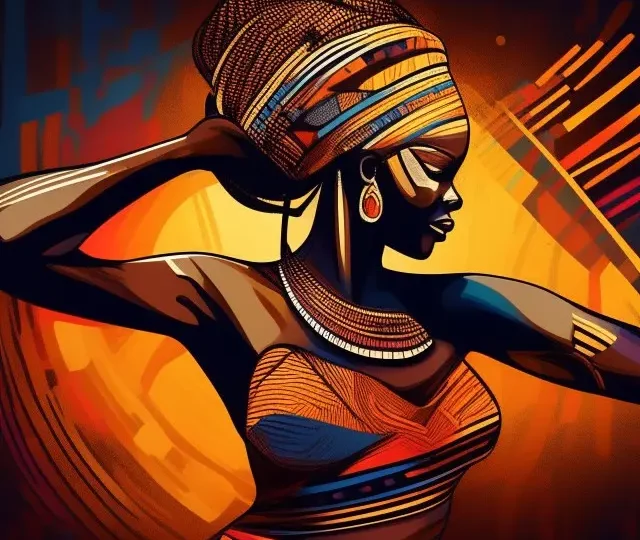What is African Music?
African music is a vibrant and diverse tapestry woven with unique rhythms, melodies, and cultural influences. It encompasses many musical traditions that have evolved over centuries, reflecting the continent’s history, diversity, and cultural dynamism.
It could be argued that more than any other continent, African music has exerted the most significant influence on 20th-century popular music. Through the shameful displacement of millions of Africans through slavery during the 18th/19th centuries, the influence African musical traditions have had on American music is immeasurable. From Jazz to Gospel, Rock and Roll to Rhythm and Blues these musical forms have laid the foundations for almost every musical genre and style that has since emerged. While the influence of African musical traditions has been profound, African artists are now themselves starting to dominate the charts.
One however cannot encapsulate African music in a singular definition due to its immense diversity. From the rhythmic beats of West Africa to the melodic tunes of East Africa, the continent boasts a kaleidoscope of musical expressions. This blog will delve into the historical roots, regional variations, instruments, and the contemporary landscape of African music.
Historical Roots
Traditional African Music
The roots of African music lie deep within the traditions of various ethnic groups across the continent. Traditional African music is characterized by a profound connection to nature, community, and spirituality. Instruments like the djembe, kora, and talking drum play a pivotal role in conveying stories and emotions.
Influence of Colonization
Colonial history has also left an indelible mark on African music. The introduction of Western instruments and styles during colonization led to a fusion of traditional and modern elements. This fusion not only transformed the sound but also became a form of resistance and cultural preservation.
Fusion with Other Musical Styles
In addition to Western influences, African music has seamlessly blended with other global genres, creating unique fusions. Whether it’s Afrobeat’s marriage of highlife and funk or the infusion of jazz into South African rhythms, these amalgamations showcase the adaptability and innovation ingrained in African musical traditions.
Regional Variations
West Africa
West Africa resonates with rhythmic beats and percussive sounds. Traditional instruments like the djembe and balafon create infectious rhythms, influencing global genres like Afrobeat. The influence of James Brown on the music of West Africa during the late 60’s /70’s cannot be overstated. James Brown’s funk sound strongly influenced the musical in countries such as Nigeria and Ghana. This influence was reciprocated however when James Brown toured Africa in the 70s and would study the intricate AfroBeat drumming of musicians such as Tony Allen.

East Africa
In East Africa, the melodic tunes take centre stage. The Swahili coast, known for its coastal influences, has produced a unique blend of Arabic, Indian, and indigenous African elements. The rhythmic benga from Kenya and the soulful taarab from Zanzibar showcase the region’s musical diversity.
Southern Africa
Southern Africa boasts a rich musical heritage characterized by intricate vocal harmonies and vibrant dance rhythms. From the rhythmic gumboot dances in South Africa to the soul-stirring sounds of Zimbabwean mbira, Southern Africa’s music reflects the resilience and celebration inherent in its diverse cultures. South Africa more than any other African region embraced the Jazz musical traditions. Artists such as Dollar Brand and Hugh Masekela went on to become globally recognised.

North Africa
The musical traditions of North Africa are deeply rooted in Arabic, Berber, and Mediterranean influences. The mesmerizing sounds of the oud, qanun, and traditional North African percussion instruments create a distinct musical identity, intertwining with cultural practices and historical narratives. In Ethiopia, songs are based on five-note scales called kignits. Ambassel, Tezita, Anchihoye and Bati are the four main kignits and the basis of many popular songs. In recent years this sound has shown a huge resurgence in popularity with recordings of Ethiopian Artists from the 60’s and 70’s being widely reissued.
Instruments and Rhythms

Traditional Instruments
African music is characterized by a vast array of traditional instruments, each contributing to the distinctive sound of its region. From the djembe and kora in West Africa to the mbira in Southern Africa, these instruments are not just musical tools but bearers of cultural narratives and traditions.
Importance of Rhythms
Rhythm is the heartbeat of African music. The intricate polyrhythms and syncopated beats serve not only as the foundation for dance but also convey messages and emotions. In many African societies, rhythms are deeply connected to rituals, ceremonies, and storytelling, creating a dynamic and multifaceted musical experience. The rhythms of Africa have gone on to influence much of what we understand as popular music.
Contemporary African Music
Contemporary African music has evolved dynamically, embracing various genres that resonate globally. From the infectious funk-influenced beats of Afrobeat, pioneered by Fela Kuti, to the rhythmic fusion of genres in South Africa’s Amapiano, modern African artists are redefining the global landscape. Most notably the influence of AfroBeats has been huge, with figures like Burna Boy, Wizkid, and Angelique Kidjo continuing to elevate African music on the international stage.

Global Impact
African music’s global impact is undeniable, influencing mainstream genres and collaborating with artists worldwide. The success of genres like Afrobeats and the recognition of African artists in major award ceremonies reflect a paradigm shift, celebrating the authenticity and innovation embedded in African musical expressions.
Challenges and Evolution
Despite its global success, African music faces challenges, including piracy, limited infrastructure, and the need for greater representation. However, the resilience of artists and the emergence of platforms promoting African music indicate a positive trajectory. The ongoing evolution of the music scene is a testament to its adaptability and continuous contribution to the global cultural dialogue.
Conclusion
In conclusion, the influence of African music is undisputable. It represents a dynamic and multifaceted expression of the continent’s rich cultural heritage where rhythm is king. From traditional roots to contemporary influences, such as afrobeats and Amapiano its diverse forms continue to captivate audiences globally.
And if you want to inject some authentic African flavour into your productions check out our guide to the best Afrobeat Sample Packs available on RouteNote Create.
Remember – RouteNote Create subscriptions start from as little as $2.99. You also get 10 FREE credits to spend on samples along with access to our FREE sample pack bundle when you sign-up
